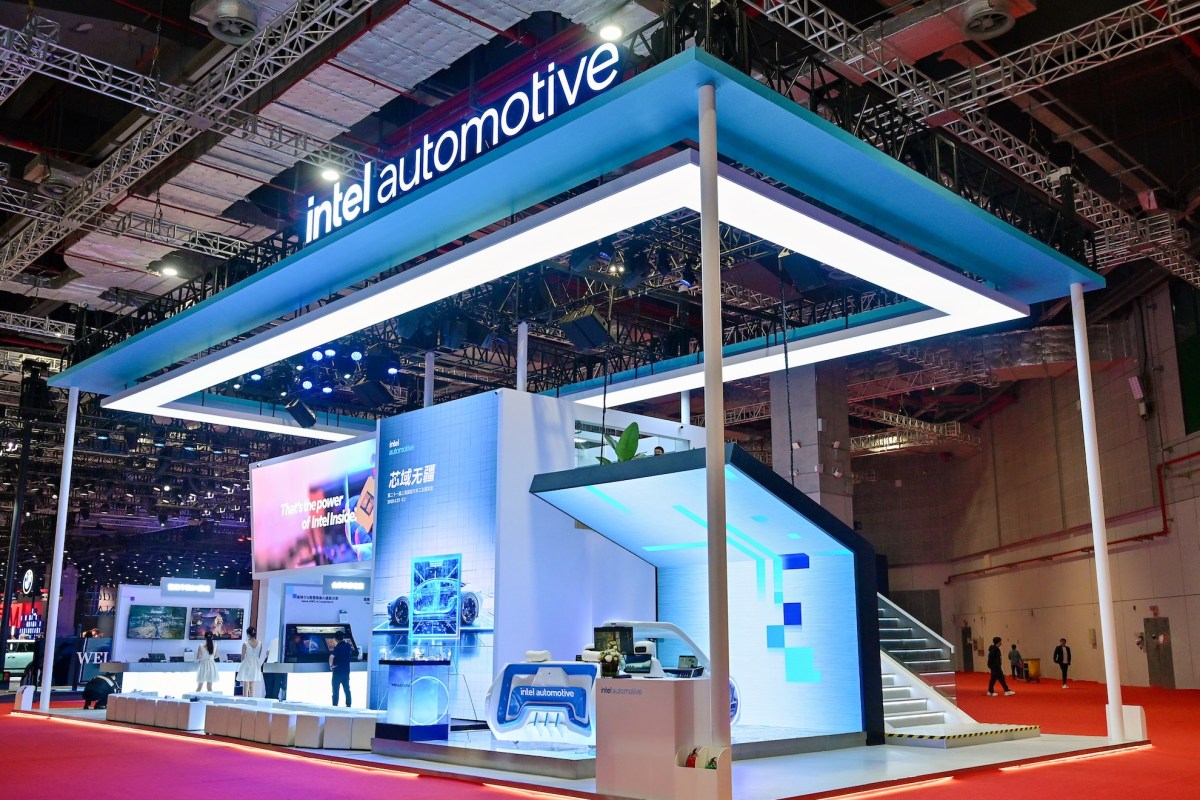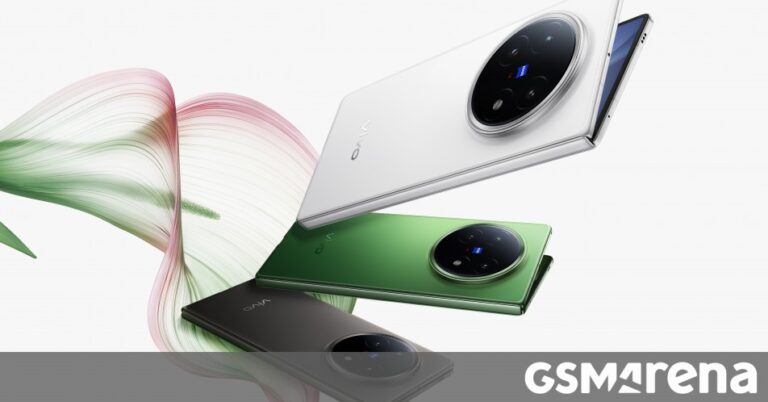Intel hits the brakes on its automotive business, and layoffs have started
Intel is shuttering its automotive architecture business and laying off most of its staff as part of a broader restructuring at the chipmaker.
The news was first reported by The Oregonian/Oregon Live, which cited an internal memo that was shared with employees Tuesday morning. Intel confirmed to TechCrunch that plans to wind down the auto business were communicated internally on Tuesday.
“As we have said previously, we are refocusing on our core client and data center portfolio to strengthen our product offerings and meet the needs of our customers,” according to a company statement provided by spokesperson Cory Pforzheimer. “As part of this work, we have decided to wind down the automotive business within our client computing group. We are committed to ensuring a smooth transition for our customers.”
Pforzheimer said the company does not disclose the number of affected employees based on specific region, location, or business.
Intel’s automotive business might not be the dominant revenue generator at the semiconductor company, but the division has been active in automated vehicle technology and the emerging trend of so-called “software-defined vehicles.”
Intel made numerous multi-million investments in automotive, particularly during the heady and early days of autonomous vehicle tech that kicked off around 2015. Back then, the company’s venture arm committed to invest $250 million into automotive tech. Its profile was lifted after Intel acquired Mobileye in 2017 for $15.3 billion in a bid to expand its self-driving tech. Mobileye would later spin out as a standalone publicly traded company, in which Intel is a major shareholder. In 2020, Intel’s automotive business acquired Moovit in a deal that valued the Israeli startup at $900 million.
The layoffs come six months since Intel’s automotive business showcased its technology at the global tech trade show CES 2025. Intel Automotive, while not one of the company’s dominate businesses, has tried to sell automakers on its software-defined vehicle technology, which included an AI-enhanced system-on-chip designed for vehicles and set for production by the end of 2025. The company debuted the SoC at the Shanghai Auto Show in April.
But the division’s future looked shaky by April — even as it met with Chinese automakers at the Shanghai Auto Show — when new CEO Lip-Bu Tan warned Intel employees of layoffs across the company due to falling sales and a dim outlook.
Earlier this month, the company said it planned to lay off 15% to 20% of workers in its Intel Foundry division starting in July. Intel Foundry designs, manufactures, and packages semiconductors for external clients.




